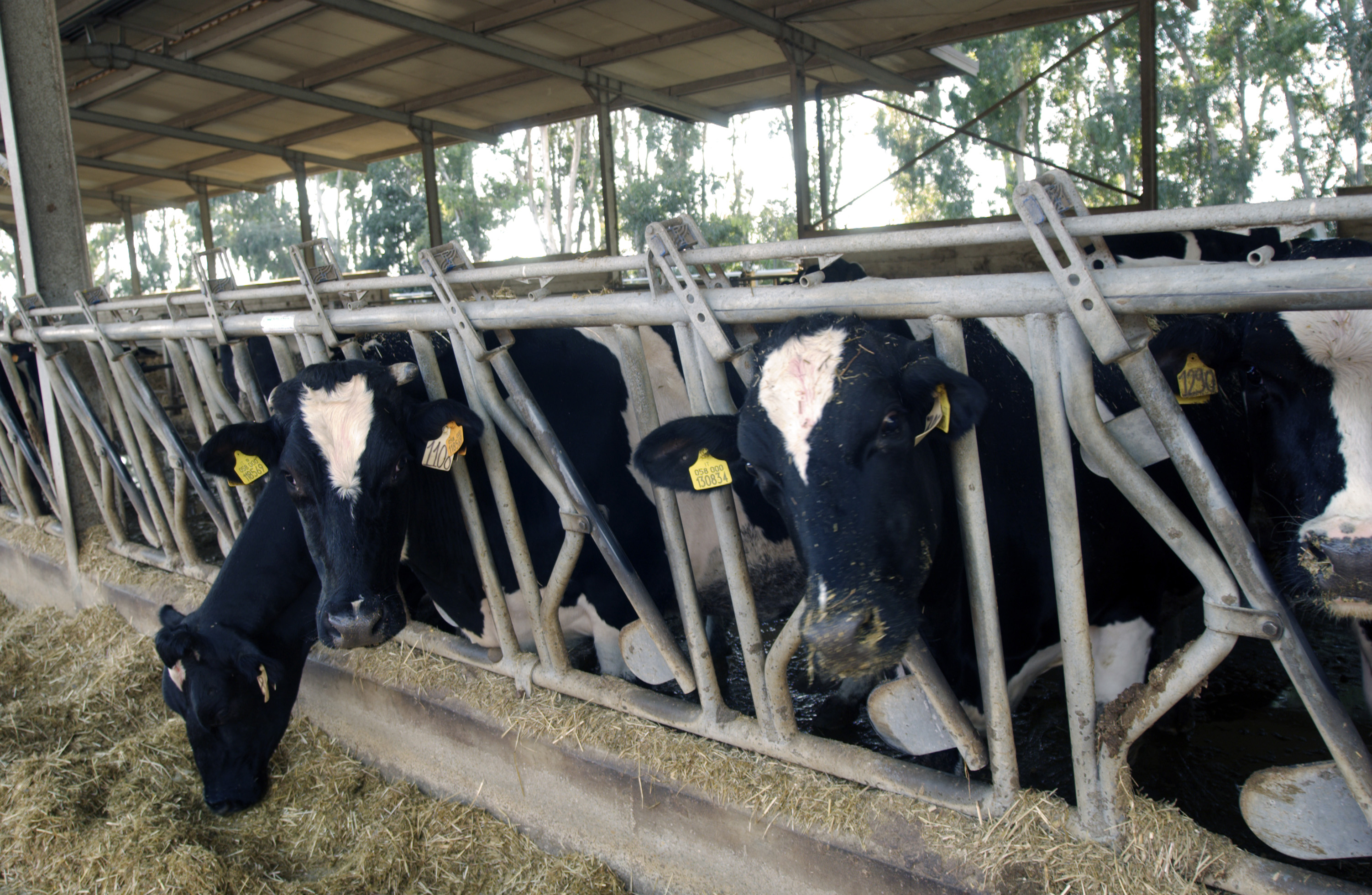Feed industry meeting highlights antimicrobial resistance
The 10th International Feed Regulators Meeting (IFRM) organized by IFIF in cooperation with the Food and Agriculture Organization of the United Nations (FAO) brought together a record number of feed industry representatives and government officials from 35 countries to discuss key issues including Feed Safety Risk Management Strategies and the role of animal nutrition and feeding to minimise antimicrobial resistance (AMR). The meeting was also informed on the activities of the FAO led Multi-stakeholder Partnership for Capacity Development for Feed Safety.
An important opportunity for the global feed industry and feed regulators to discuss key issues for the feed and food chain.
Joel Newman, IFIF Chairman said the meeting was "an important example of the private sector collaborating with the FAO and regulators from around the world."

Codex work in the feed sector
The 10th IFRM represents an important occasion for informing feed regulators and the feed sector on developments of Codex work relevant to the sector with the aim to involving feed regulators and feed industry to actively participate in Codex work through their Codex members and observers.
Codex Senior Food Standards Officer Dr Annamaria Bruno provided the meeting with an update on feed related work in the Codex Alimentarius Commission. In a modern approach to food safety, Codex Alimentarius recognizes that animal feed contributes to the production of safe food, by preventing hazards from entering the food chain at an early stage. Currently, Codex work relevant to animal feeding is carried out in several Codex Committees depending on the specific topic. These include Food Hygiene, Contaminants in Foods, Pesticide Residues, Residues of Veterinary Drugs in Foods, Food Import and Inspection and Certification Systems and the recently established Task Force on Antimicrobial Resistance.
Links
At the heart of the Codex mandate are the core values of collaboration, inclusiveness, consensus building and transparency. Governmental and non-governmental, public and private organizations alike play a vital role in ensuring Codex texts are of the highest quality and based on sound science.
Codex would have little authority in the field of international standard setting if it did not welcome and acknowledge the valuable contributions made by observers. Expert technical bodies, industry and consumer associations
contribute to the standard-setting process in a spirit of openness, collaboration and transparency.
Intergovernmental organizations (IGOs) and international non-governmental organizations (NGOs) can apply for observer status in Codex in order to attend and put forward their views at every stage of the standard-setting process.
 Current Codex Alimentarius Commission
Current Codex Alimentarius Commission
Feed industry meeting highlights antimicrobial resistance
The 10th International Feed Regulators Meeting (IFRM) organized by IFIF in cooperation with the Food and Agriculture Organization of the United Nations (FAO) brought together a record number of feed industry representatives and government officials from 35 countries to discuss key issues including Feed Safety Risk Management Strategies and the role of animal nutrition and feeding to minimise antimicrobial resistance (AMR). The meeting was also informed on the activities of the FAO led Multi-stakeholder Partnership for Capacity Development for Feed Safety.
An important opportunity for the global feed industry and feed regulators to discuss key issues for the feed and food chain.
Joel Newman, IFIF Chairman said the meeting was "an important example of the private sector collaborating with the FAO and regulators from around the world."

Codex work in the feed sector
The 10th IFRM represents an important occasion for informing feed regulators and the feed sector on developments of Codex work relevant to the sector with the aim to involving feed regulators and feed industry to actively participate in Codex work through their Codex members and observers.
Codex Senior Food Standards Officer Dr Annamaria Bruno provided the meeting with an update on feed related work in the Codex Alimentarius Commission. In a modern approach to food safety, Codex Alimentarius recognizes that animal feed contributes to the production of safe food, by preventing hazards from entering the food chain at an early stage. Currently, Codex work relevant to animal feeding is carried out in several Codex Committees depending on the specific topic. These include Food Hygiene, Contaminants in Foods, Pesticide Residues, Residues of Veterinary Drugs in Foods, Food Import and Inspection and Certification Systems and the recently established Task Force on Antimicrobial Resistance.
Links
 Codex and Observer
Codex and Observer
around the world since ancient times.
We might not always know where it comes from,
but we expect it to be available, safe and of good quality.










Leave a comment